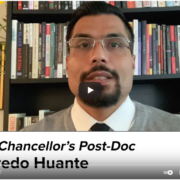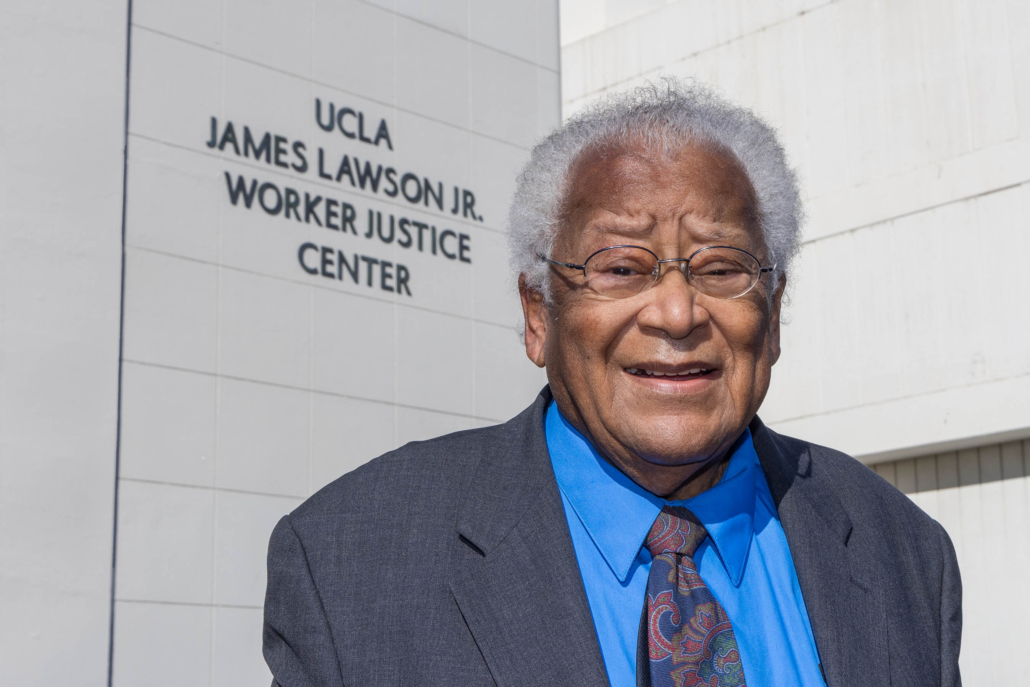
UCLA Labor Center / IRLE Dedication, UCLA, James Lawson Jr., Worker Justice Center
For a building dedicated to ensuring fair treatment and opportunities for workers and that is located in the heart of one of Los Angeles’ working-class immigrant neighborhoods, naming it after iconic civil and workers’ rights leader Rev. James Lawson Jr. was perfect.
On Dec. 11, the UCLA Labor Center’s historic MacArthur Park building was officially named the UCLA James Lawson Jr. Worker Justice Center in honor Lawson, one of the civil rights movement’s most-prominent leaders of non-violent protest and a UCLA labor studies faculty member.
“Throughout history, many of our greatest leaders have urged us to look inward,” UCLA Chancellor Gene Block said to the audience of 300 attendees at a ceremony hosted by the Los Angeles County Federation of Labor in partnership with the Labor Center. “They ask: Who are we as people? What do we value? What kind of society do we want, and what are we willing to do to build it?
“For over 60 years, James Lawson has invited Americans to consider such pressing questions. He has insisted that humanity’s salvation lies in reason and compassion, not violence or exploitation. His vision and valor have mobilized Americans, changed this nation, and inspired activists around the globe.”
Once referred to as “the mind of the movement” and “the leading strategist of nonviolence in the world” by Dr. Martin Luther King Jr., Lawson, now 93, is known internationally for teaching nonviolent resistance tactics to young activists. In the course of his life, Lawson and his colleagues and students led lunch counter sit-ins, freedom rides and worker strikes including the historic 1968 Memphis Sanitation Strike during the civil rights movement.
Lawson said he was humbled by UCLA naming a building in his honor.
“I had no idea how to prepare for this moment. For this extraordinary experience of all of you and the coalition that came together, to make this possible,” Lawson said. “On behalf of my wife, Dorothy, and her parents, and my parents and our great grandparents, and all on behalf of our sons, our grandchildren … we thank you very much, absolutely astonishing — I could never have imagined anything like this at all.”
To read the rest of the UCLA newsroom story by about this historic occasion, click HERE.

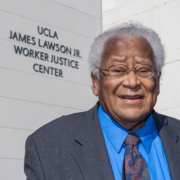
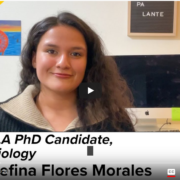
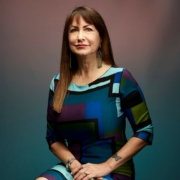
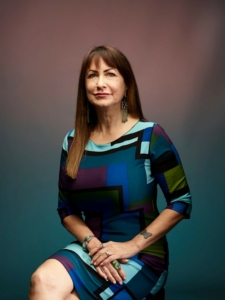
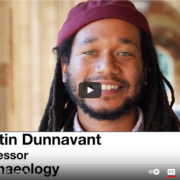
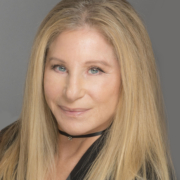
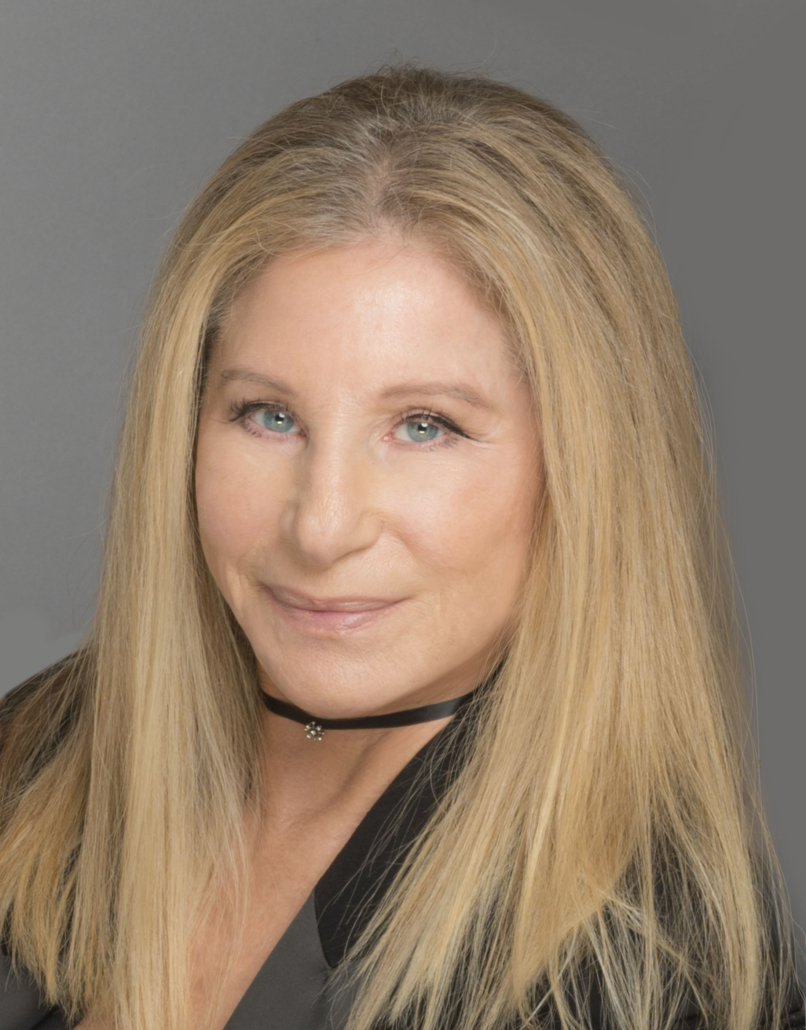

 The UCLA
The UCLA 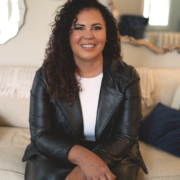

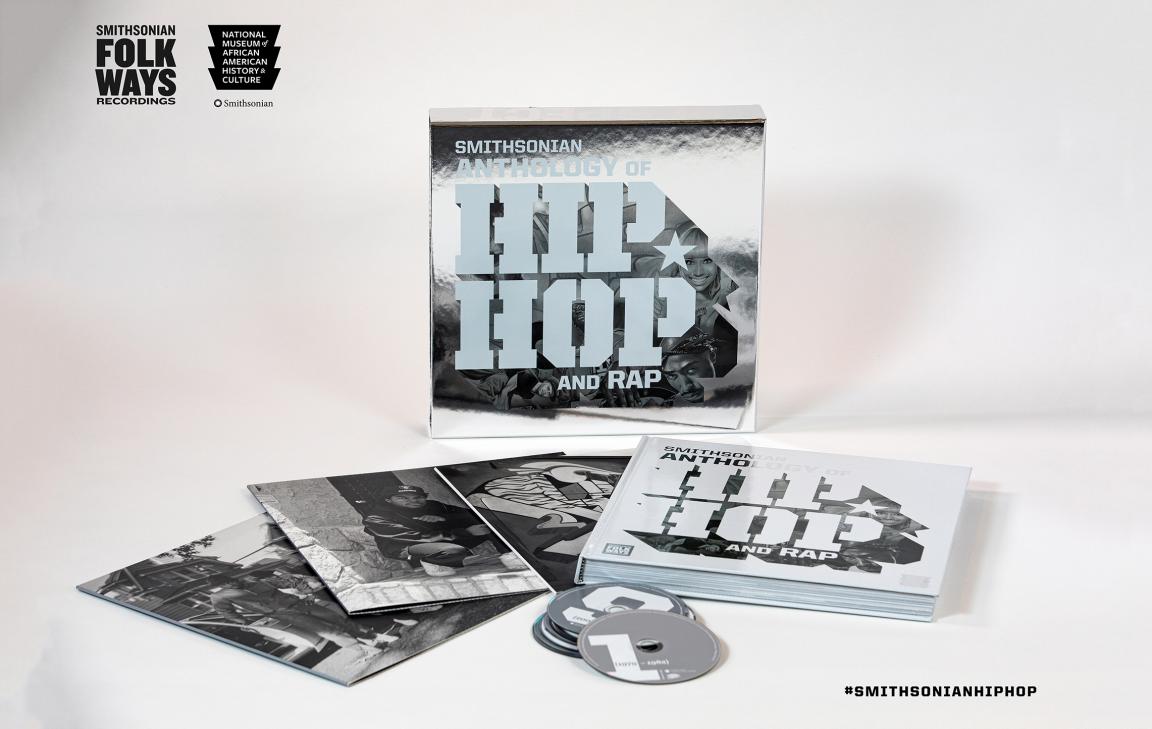

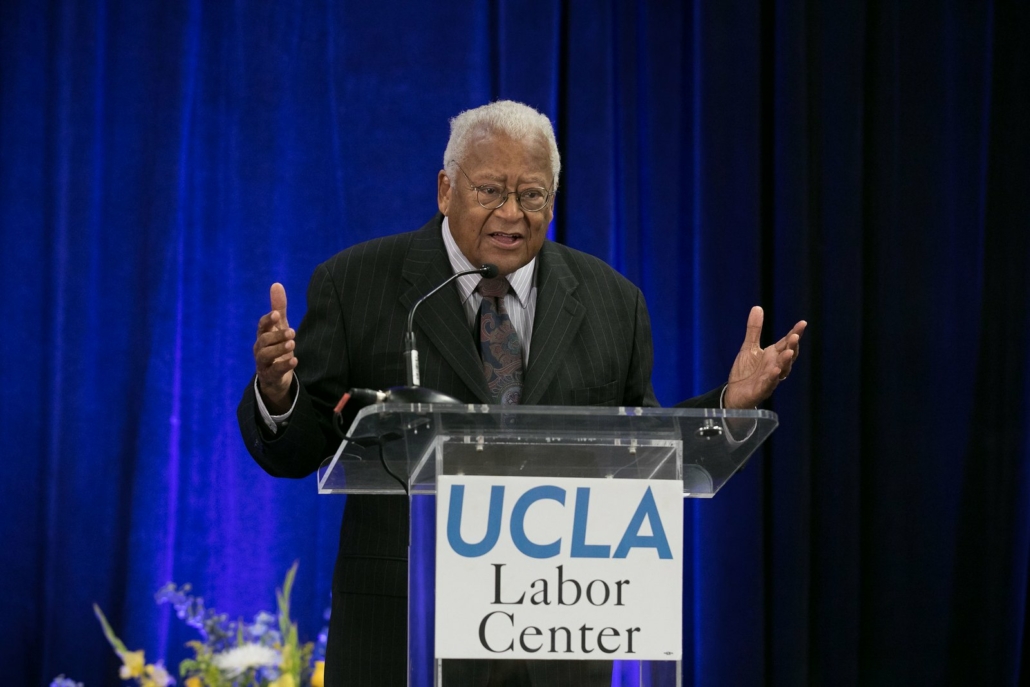 The
The 